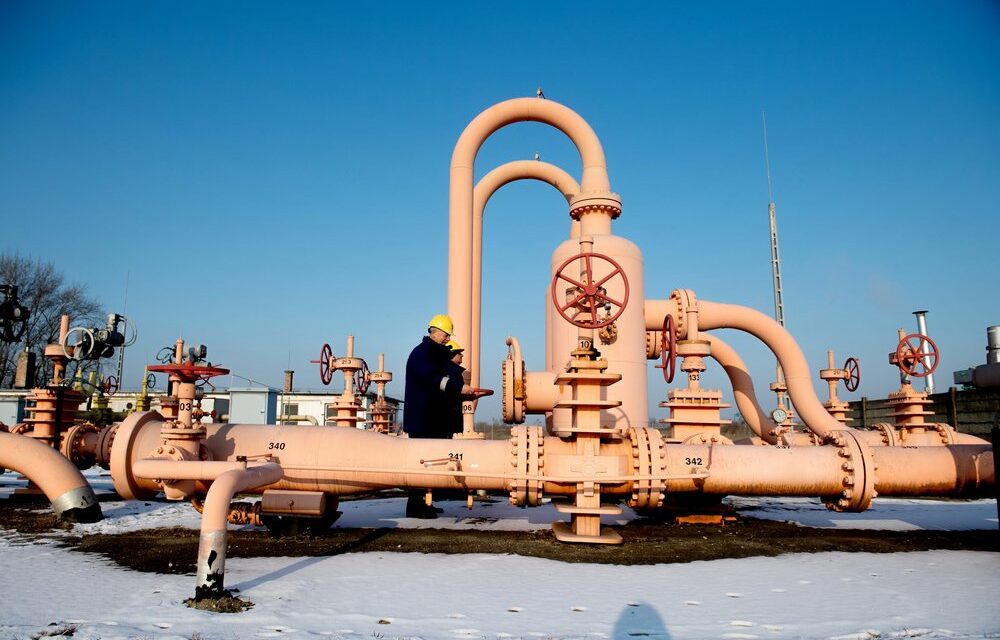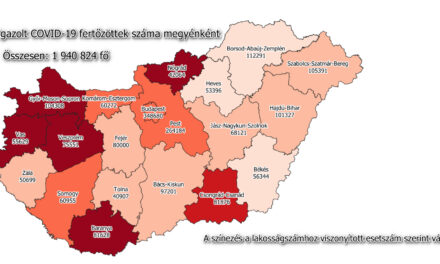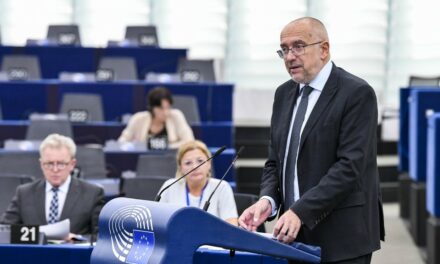The exact amount of the tax has not yet been determined by the German government, but it is already certain that it will be introduced from the first of October. According to the sources of the Federal Ministry of Economy, the exact amount of the tax will be published on the Internet in the middle or end of August, it also depends on the compensation needs of the gas importers, reports the German newspaper Focus . Last week, Chancellor Olaf Scholz mentioned an increase in the price of gas by two cents per kilowatt hour, and spoke of additional costs of 200-300 euros per year for a family of four.
Energy prices in Germany will continue to rise
Olaf Scholz started his press conference last Friday with words borrowed from an American musical: You'll never walk alone" . The German chancellor has announced that the federal government will throw a 17 billion euro lifeline to the country's largest energy wholesale company, the bankrupt Uniper, in order to prevent the collapse of the largely privately owned German energy supply system.
In the case of a two-cent fee and an annual consumption of 20,000 kilowatt hours, the Check24 comparison portal calculated an additional cost of 476 euros (193,732 forints calculated at today's exchange rate), which includes value added tax. The fee is valid for a year and a half, i.e. until the end of March 2024.
In Germany, about half of the apartments are heated with gas, and the calculation of consumption works differently compared to Hungary. There, the gas consumption is also given in kilowatt-hours, the method of conversion is: 1 cubic meter of gas corresponds to 10,550 kilowatt-hours. According to the currently valid Hungarian rules, average consumption is 20,764 kilowatt hours (the consumption limit introduced by the Hungarian government for electricity is 2523 kWh/year, while for gas it is 1729 cubic meters/year). If we compare this with the German practice, we see that this consumption is not only paid at the market price, but even the increased price is charged with additional costs.
The increase in purchase prices is passed on to everyone
The purpose of the levy is to enable service providers to pass on to all gas consumers the sharp increase in purchase prices caused by the suspended gas embargo and the reduction in Russian deliveries. Earlier information was that, according to the plans, importers could pass on 90 percent of the higher procurement costs through the levy, but until the end of September, importers will have to bear the costs themselves. The levy has to be paid by companies and private households and is added to the "regular" price increases that come into effect gradually.
The ministry explained that "given the tense situation on the gas market, the levy is necessary in order to maintain the gas supply next winter. Without it, gas suppliers would be at risk throughout the supply chain" .
Source: hirado.hu
Cover image: Illustration / MTI Photo: Szilárd Koszticsák













